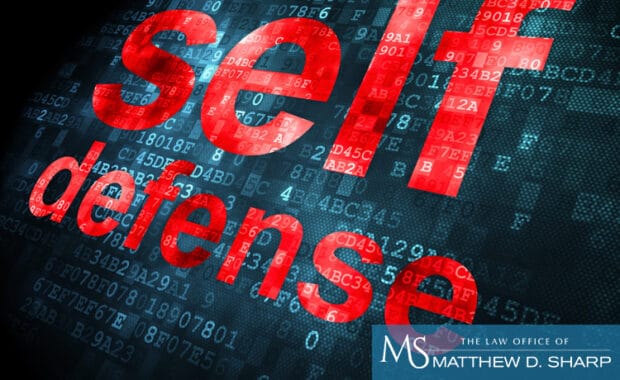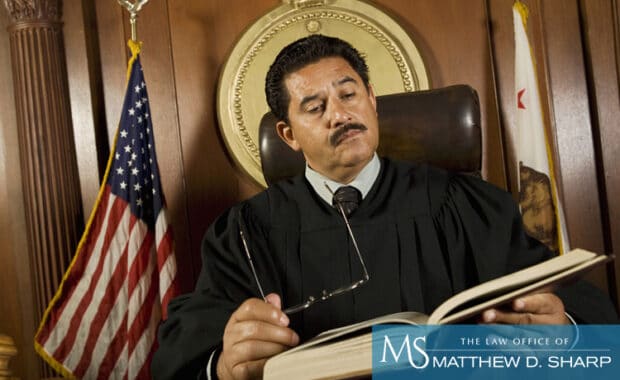The standard of proof for a criminal trial is beyond a reasonable doubt. This standard is very high and requires the prosecution to present evidence that actually proves a person’s guilt. The defendant is presumed innocent and does not have to present any case to the judge or jury. This high standard exists because the American legal system believes that it is better for a guilty man to be let free than for an innocent man to go to jail.
Reasons for a Defendant to Not Testify
When a criminal case goes to trial, the defendant may choose to not testify. At the close of the case, the jury will be given many directions on how to deliberate. One of these directions is, the jurors cannot assume that a defendant is guilty just because he or she failed to testify.
A criminal defense attorney may instruct the defendant to not testify if:
- The defendant cannot testify well. Any “twitchy” or nervous behavior may negatively influence the jurors.
- The defendant may simply not be likable.
- Once the defendant takes the stand, the prosecutor will be able to cross-examine him or her. This may cause the defendant to seem confused.
- There is a possibility that the prosecution may bring up past convictions to try to show that the defendant is lying.
Felonies, Misdemeanors and Infractions
When a crime is charged, the severity of the crime often determines whether it is classified as a misdemeanor or a felony. In general, a misdemeanor is any minor crime that carries a maximum punishment of one year in jail.
A felony is a more severe crime that is punishable with longer terms in confinement. Felonies can also carry civil penalties such as:
- Loss of voting rights
- Loss of firearm possession rights
- Loss of the right to serve on a jury
Certain charges may only be punished with a fine. These charges are not considered “crimes,” but are instead referred to as infractions. An infraction does not carry the possibility of jail time.
To further discuss a criminal procedure issue with an attorney, contact The Law Office of Matthew D. Sharp for a free consultation.




